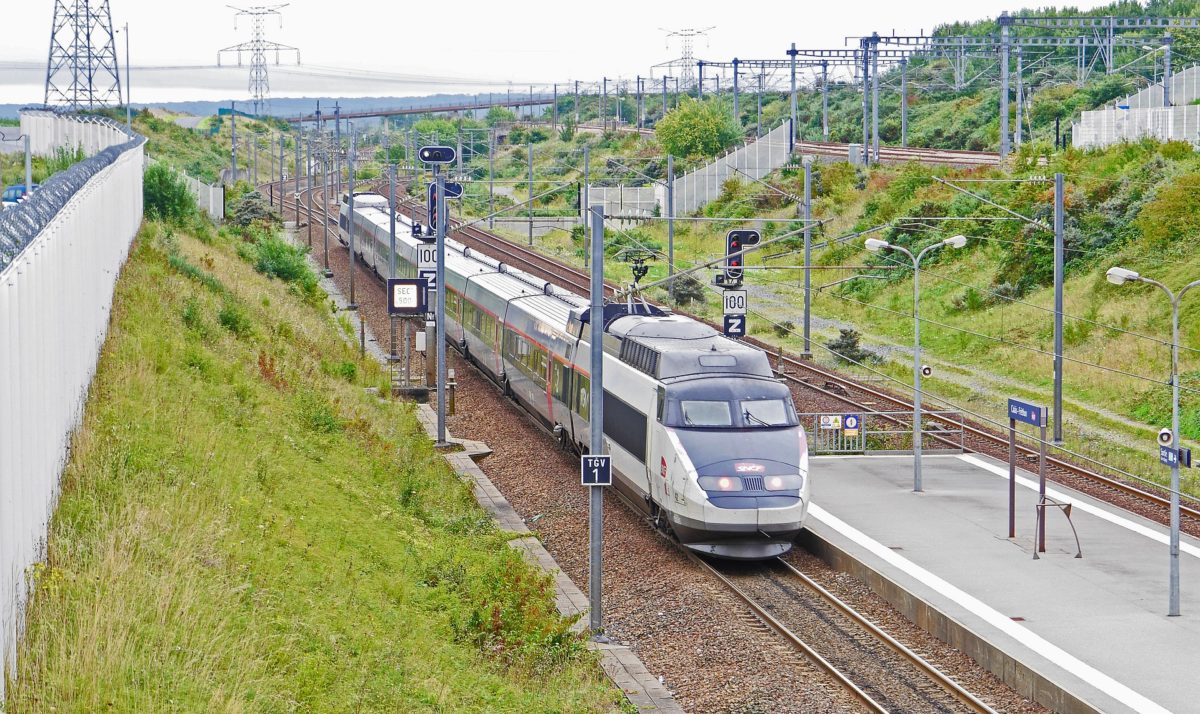From pv magazine France
French railway operator SNCF Réseau and INES have entered into a collaboration to develop photovoltaic systems capable of operating at voltages up to 9,000 V. They aim to facilitate the use of renewable energy by rail infrastructure, in order to reduce energy losses and optimize network costs.
The partnership will develop solar-based technical solutions to supply continuous power at 3 kV, 6 kV, and 9 kV, while optimizing installation costs, particularly with regard to cables, operation, and maintenance. The two sides also aim to ensure that these technologies have lifespans that are broadly equivalent to conventional photovoltaic systems.
At present, the market does not offer panels for voltages above 1,500 V. INES will therefore advise SNCF Réseau on the development of PV panels with voltages of 3,000 V.
INES is installing a 3,000 V experimental plant as part of the European H2020 Tigon project. The system will integrate photovoltaics and power electronics. It will also have a multi-microgrid infrastructure to test different system configurations involving PV modules, batteries, inverters, and fuel generators.
The medium-voltage direct current (MVDC) modules will be connected to the microgrid via innovative converters. It will serve as a showcase to efficiently increase PV production, while interconnecting these assets within the MVDC network, said the two sides.
Additionally, the MVDC microgrid will be connected to the main grid through a solid-state transformer (SST), making the whole system smarter and more digital. It will include an energy management system specially designed for AC/DC hybrid networks, as well as a decision support system to improve the efficiency and reliability of the entire network.
This content is protected by copyright and may not be reused. If you want to cooperate with us and would like to reuse some of our content, please contact: editors@pv-magazine.com.




By submitting this form you agree to pv magazine using your data for the purposes of publishing your comment.
Your personal data will only be disclosed or otherwise transmitted to third parties for the purposes of spam filtering or if this is necessary for technical maintenance of the website. Any other transfer to third parties will not take place unless this is justified on the basis of applicable data protection regulations or if pv magazine is legally obliged to do so.
You may revoke this consent at any time with effect for the future, in which case your personal data will be deleted immediately. Otherwise, your data will be deleted if pv magazine has processed your request or the purpose of data storage is fulfilled.
Further information on data privacy can be found in our Data Protection Policy.